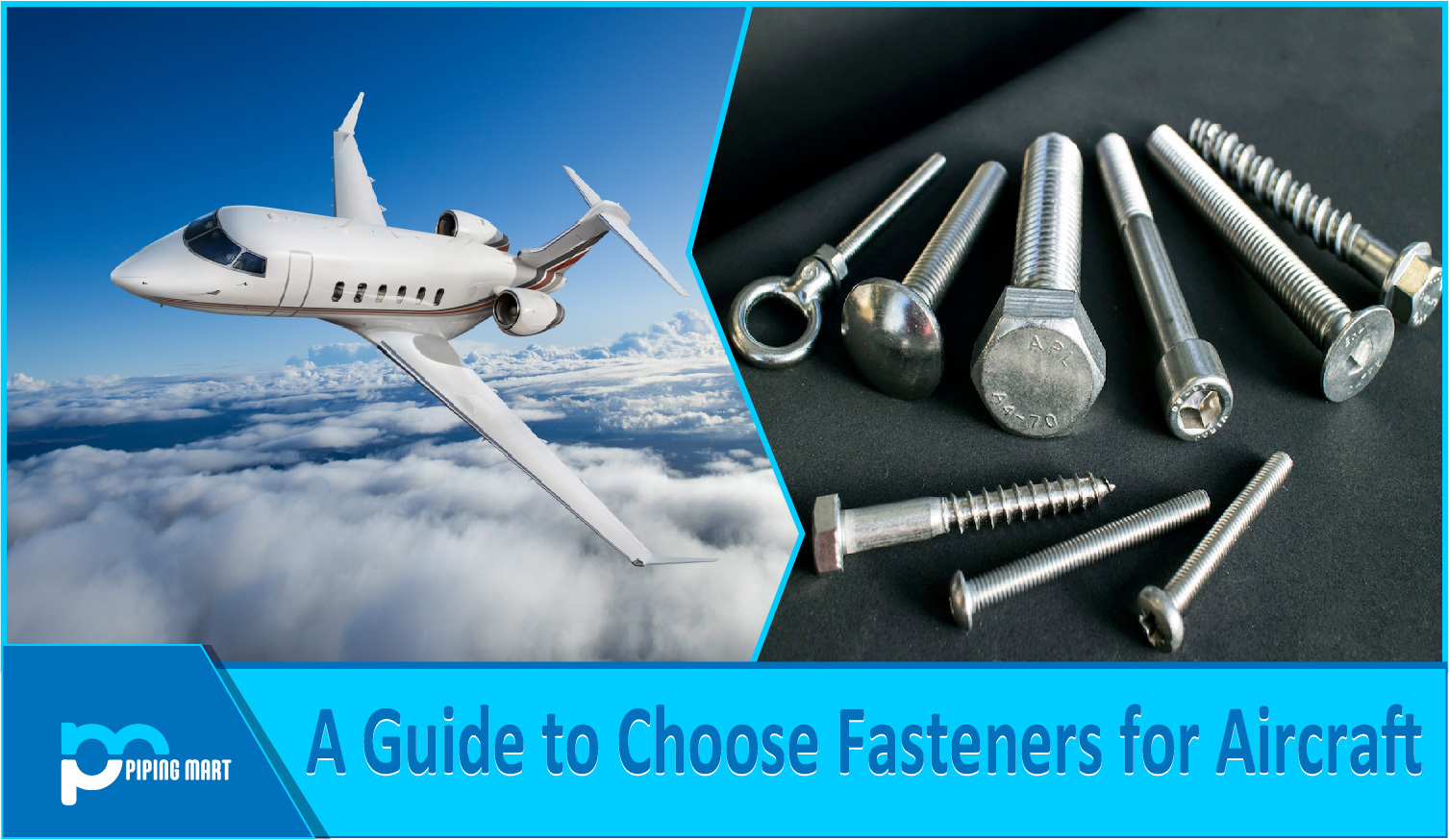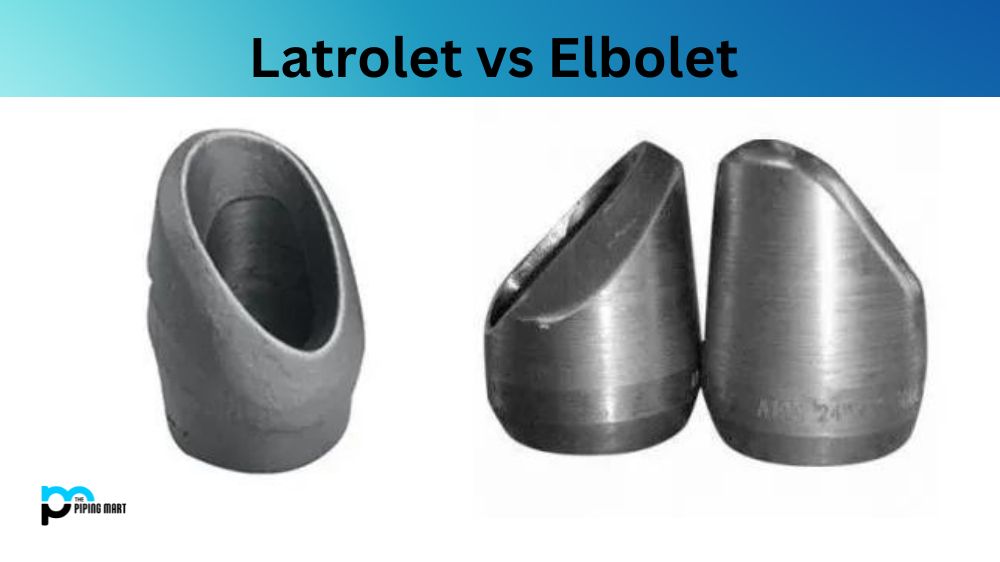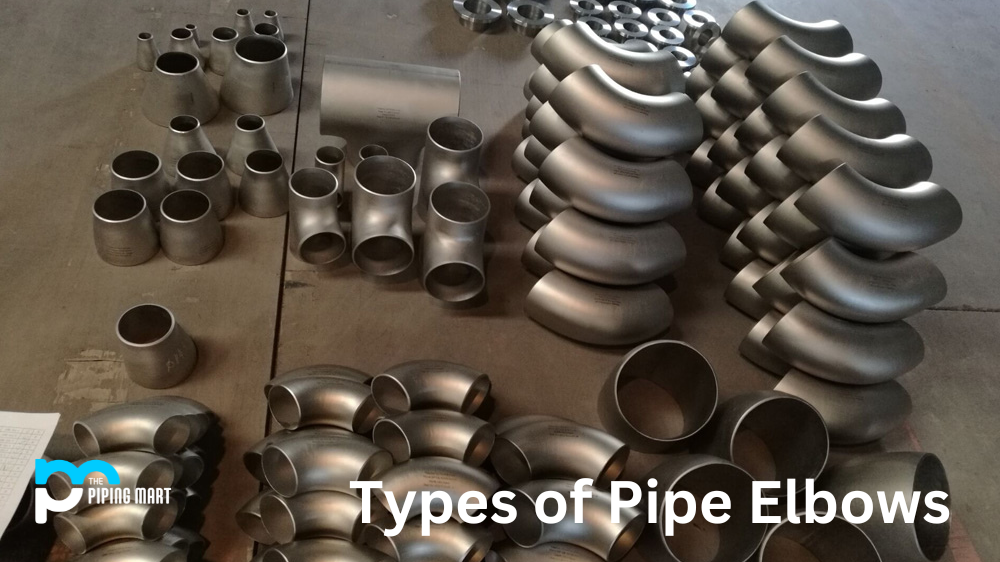For years, the aerospace fastener industry has kept on developing and producing newer and stronger products: commercial, business, shipping, military aeroplanes, jets, space-bound rockets, and ballistic missiles. These fasteners always keep on evolving to meet the increasing quality and performance standards.
Different types of standard fasteners are employed in the aerospace industry: nuts, screws, rivets, bolts, pins and collars. As the name suggests, aerospace fasteners are subjected to extreme environmental conditions, like high pressure and high temperature while leaving the earth’s atmosphere or other extreme conditions like burning of rocket fuel. To survive these extreme conditions, the design and the construction should be on point, including the fasteners that have been used, because fasteners are what holds the whole piece together.
Various fasteners, which cater to the aerospace industry, are made in different sizes and shapes and possess different qualities.
Characteristics of aerospace fasteners:
- High resistance from corrosion and oxidation
- High shear, fatigue and tensile strength
- Light weight construction
- Can be operated in extreme environments
- Capable of self- sealing and self- locking itself
Aerospace Fastener Material:
Aluminium: This material is usually used for atmospheric planes. Aluminium requires further treatment to attain the required characteristics for performing up to the mark. Aluminium rivets have to be cold head formed to be used in aerospace fasteners. even after processing aluminium, it is highly sensitive at 250 degrees Fahrenheit and above, and is also sensitive to stress-induced corrosion.
Steel: Steel and its alloys have two main characteristics: high strengths, surface hardness. Steel parts should be carefully chosen for aircrafts because, it is much heavier than other materials, which could cause problems while designing and construction if not done properly. Some steel types are prone to heat damage, which is why the series of the steel to be used should be chosen very carefully.
Series C300 corrosion resistant stainless steel is usually used for aerospace screws, bolts and fastener covers. Series 400 is used because it is highly heat resistant. Various grades of precipitation hardened stainless steel is used.
Titanium: Aluminium is replaced with titanium in various applications since its strength is more than steel and its alloys, it is light in weight, and has a high level of resistance to heat and cold.
Super alloys: Super alloys are also called high-performance alloys. They can withstand many extreme conditions that come with being used in the aerospace industry. They are highly versatile, are able to maintain their structural and surface integrity in harsh conditions. Superalloys used in the aerospace industry are:
- A286 is an iron- nickel- chromium alloy used because it has high strength, corrosion and oxidation resistance.
- Inconel 780 is used because of its high tensile strength.
- Hastelloy is used in combustion and exhaust components of the aircraft, because it has high corrosion resistance.
The above-mentioned points give you basic knowledge about the types and characteristics of aerospace fasteners and guide you better when you are choosing the right one for your application.

Pipingmart is B2B portal specializes in industrial, metal and piping products. Also, share latest information and news related to products, materials and different types grades to help business dealing in this industry.



